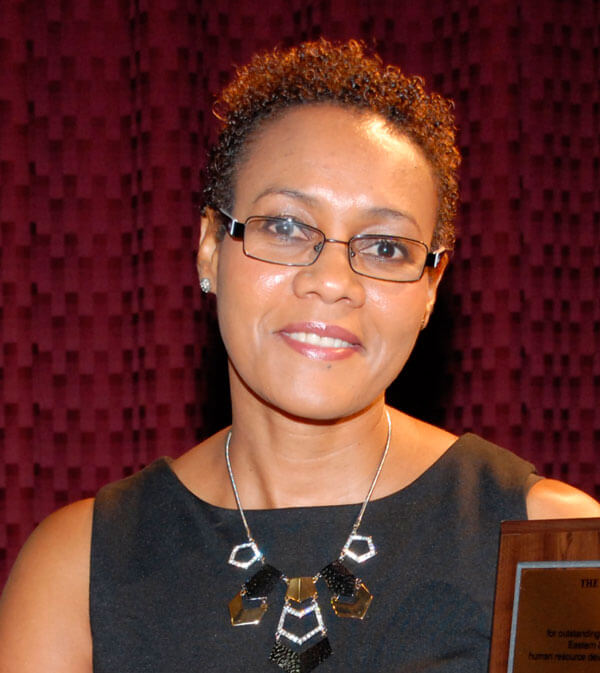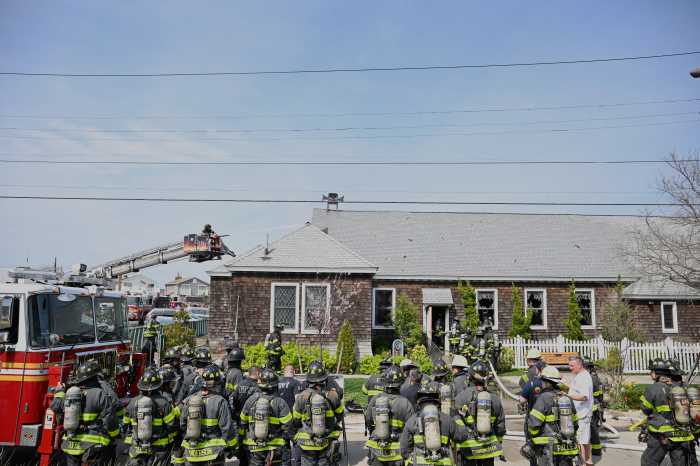Once again, the issue of the large American commercial banks such as J.P Morgan Chase and others cutting relations with those in the Caribbean because of alleged high risks of doing business attracted the attention of heads of governments, this time in Cuba where leaders recently gathered for a summit of the Association of Caribbean States (ACS).
And not for the first time, some in high office in the region are beginning to hint that the American banks might not be acting that unilaterally or without reason as some countries in the 15-nation Caribbean single trading group might have been lax in tightening loopholes in anti-money laundering legislation and laws relating to international terrorism.
Prime Minister Keith Rowley of Trinidad, says that banks in Trinidad should be on the alert as much work remains to be done, for example, to make legislation in Trinidad compliant with requirements of the umbrella international Financial Action Task Force (FATF).
“Banks abroad in the metropolitan countries are taking the position that if we are not sufficiently compliant with the requirements of FATF our banking would pose a threat to them, where they are, and they would be liable for actions taking place within our jurisdiction. To protect themselves from that they cut off relationships with bank,” The Guardian Newspaper quoted him as saying this week.
His remarks come as commercial entities in the region continue to complain about difficulty completing transactions with American banks including the processing of checks, wire transfers and other forms of daily interaction.
To counteract the situation, several governments have mooted the idea of the region opening and owning its own commercial banks in metropoles such as New York and perhaps Miami, Florida.
Prime Minister Rowley says that no one in the region should think that they situation is not serious and that the Caribbean should be slow to act.
“This is not just a threat. It has already happened to some CARICOM banks. Belize had action of that nature and there is very strong cause in some quarters for other banks to be faced with similar problems,” he said after returning from Cuba with other leaders.
In the meantime, the Caribbean Association of Banks says that it is convinced that not much will change for the better in the near future so it is moving to take proactive action to deal with the situation.
Chairman Joanna Charles notes that “the need to ensure the viability of the financial services sector rests with its members and cannot be left in the hands of third parties. It is no longer business as usual for the Caribbean financial services industry.”
The CAB is therefore considering establishment of its own clearing institution in the U.S., alternative payment methods, alternative correspondent banking relationships (UK) and has set up a six-member committee to “advance these recommendations.”
As well, there are mounting calls for the Barbados-based Caribbean Development Bank to come up with a solution or to be the solution as it has the resources to assist in establishing a regional bank to process transactions in the U.S.
The issue came up at a recent annual general meeting of the CDB in Jamaica where banker Earl Garret made the suggestion to applause.
The region is said to be the worst affected by moves by federal officials to tighten up monitoring of the movement of money with the World Bank even suggesting that the situation threatens to cut the region from the global financial system.

























